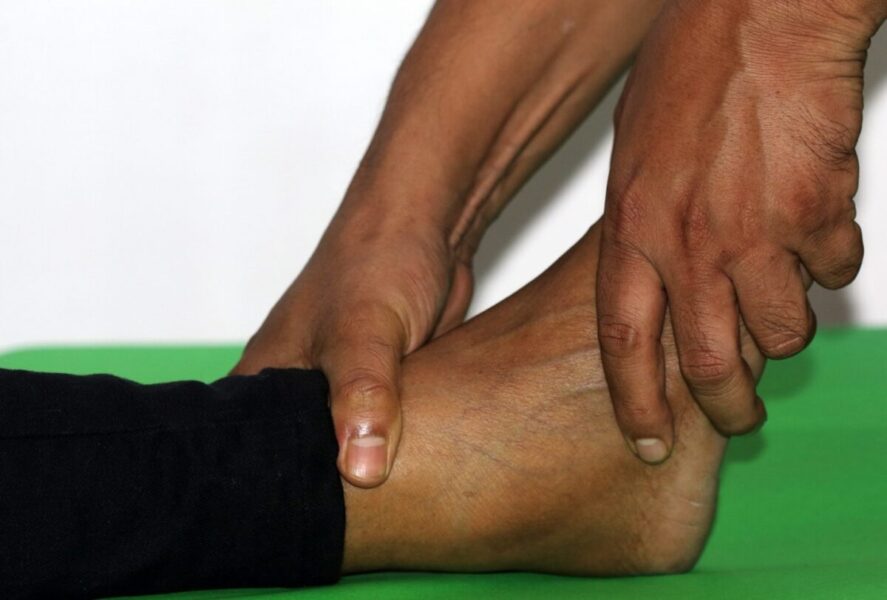The Missing Vital Sign: How Grip Strength Reflects Your Health
When you visit your doctor for a check-up, they typically measure your blood pressure, heart rate, and temperature to assess your overall health. But there’s another vital sign that often goes unnoticed and unmeasured – grip strength. While it might not be as well-known as these other vital signs, grip strength plays a vital role in your overall health and can provide valuable insights into your well-being. In this blog, we’ll explore why grip strength is a crucial but often overlooked vital sign and why it should be part of your routine health assessment.
The Basics of Grip Strength
Grip strength is the measure of the force exerted by your hand and forearm muscles when you squeeze something. It’s not just about having a firm handshake; it’s an essential indicator of your muscular and overall physical health. Grip strength is measured using a dynamometer, a simple device that gauges the strength of your grip in pounds or kilograms.
Why Is Grip Strength Important?
- Muscular Strength: Your grip strength reflects the strength of your hand and forearm muscles. These muscles are essential for performing daily tasks like:
- opening jars
- lifting groceries
- maintaining balance
Strong hand and forearm muscles can make these activities easier and reduce the risk of injury.
- Bone Health: Bone health is closely linked to grip strength. When your grip strength is low, it can be an early sign of conditions like osteoporosis, which weaken your bones. Stronger bones are more resistant to fractures and other bone-related issues.
- Cardiovascular Health: Research has shown a connection between low grip strength and cardiovascular problems. A weak grip may be indicative of an increased risk of heart disease and stroke. It’s believed that a strong grip is a marker of overall cardiovascular health.
- Mortality Predictor: Several studies have demonstrated that low grip strength is associated with a higher risk of mortality. In fact, some research suggests that grip strength is a better predictor of mortality than traditional vital signs like blood pressure. This makes it a crucial vital sign to monitor.
How to Improve Your Grip Strength
If you’re concerned about your grip strength or simply want to maintain and improve it, there are several strategies you can employ:
- Resistance Training: Engage in strength training exercises for your hands and forearms. This may include using grip strengtheners or performing exercises like:
- wrist curls
- farmer’s walks
- deadlifts
- Nutrition: Ensure that you are getting an adequate intake of nutrients essential for muscle and bone health, such as:
- calcium
- vitamin D
- protein
- Lifestyle: Maintain an active lifestyle and engage in activities that require hand and forearm strength, like gardening or playing musical instruments.
- Consult a Specialist: If you have concerns about your grip strength, consider consulting a physical therapist or an occupational therapist who can provide guidance and targeted exercises.
To learn more, check out this summary from WebMD.
By paying attention to your grip strength and taking steps to improve it, you can enhance your overall well-being and potentially increase your longevity. So, don’t let this vital sign slip through the cracks during your next doctor’s visit; request a grip strength assessment and start on the path to better health.
Enhance your experience to new heights with meticulously selected supplements from the prestigious Asher Longevity Institute. Embrace a holistic approach that ignites your body’s vitality and maximizes your overall well-being.




